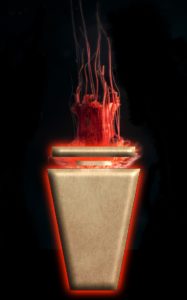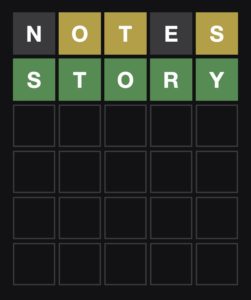 I’ve been reading Hesiod as part of background research for a new book project I’m working on, tentatively titled Talos. In Talos, vulcanologists enter a strange artifact that floats to the surface of a lava dyke during a catastrophic eruption of Santorini. Inside is some kind of antique computing machine that operates using a strange fluid. The device is capable of manipulating people and time, in fact, and is used by the protagonists to harass one another, to explore history, and to change the future of the planet itself. And then it is gone again.
I’ve been reading Hesiod as part of background research for a new book project I’m working on, tentatively titled Talos. In Talos, vulcanologists enter a strange artifact that floats to the surface of a lava dyke during a catastrophic eruption of Santorini. Inside is some kind of antique computing machine that operates using a strange fluid. The device is capable of manipulating people and time, in fact, and is used by the protagonists to harass one another, to explore history, and to change the future of the planet itself. And then it is gone again.
Hesiod represents some of the earliest works of the archaic period of ancient Greece. His Theogony is the early catalog of the Greek myths of Olympians and Titans. His Works and Days is perhaps the earliest discussion of Pandora, and it is not what most people know from Laura Croft and common parlance. In the Pandora myth, she is created by the “lame god” and blacksmith Hephaestus as a mechanism for avenging the release of the knowledge of fire to humankind by Prometheus. Why was fire a bad idea? Well, if humankind learned the ways of the gods they would just hang out and play video games, it seems:
The gods had hidden away the true means of livelihood for humankind, and they still keep it that way. If it were otherwise, it would be easy for you to do in just one day all the work you need to do, and have enough to last you a year, idle though you would be.
Perhaps we would have done a lot of sailing on the wine-dark seas. So people need punishing for the sympathetic crimes of Prometheus.… Read the rest

